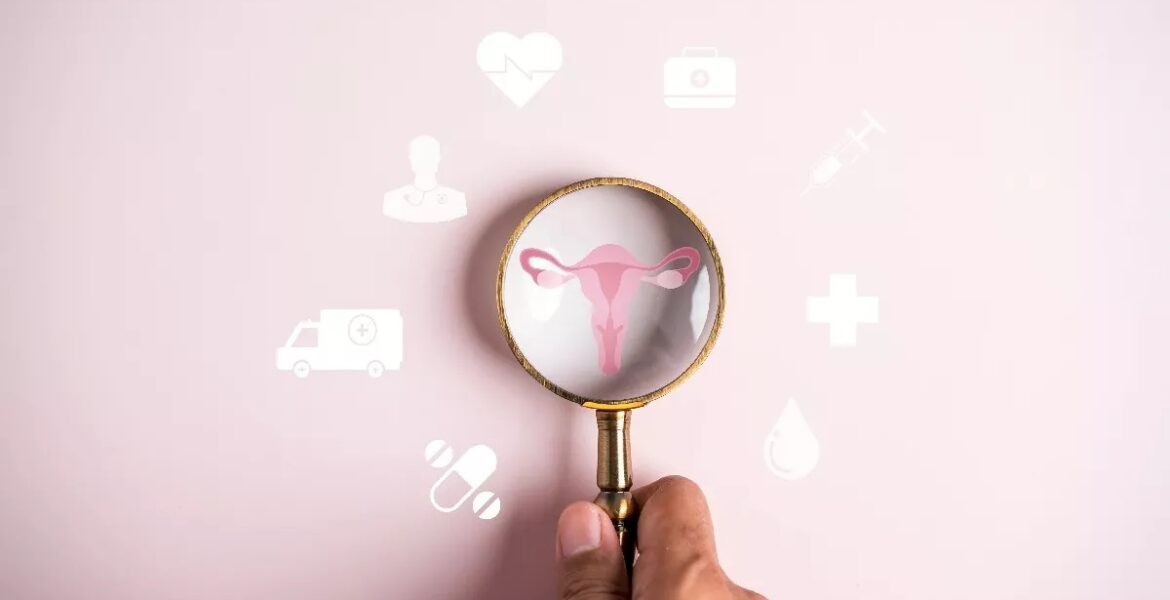The Minister of Health estimated that the program of free preventive examinations, which includes Pap tests and HPV DNA tests, among others, will begin in March.
A significant increase in vaccinations for the HPV virus was brought about by the reimbursement of the vaccine for boys up to 18 years old in Greece. According to the figures given at the end of January during a special meeting of the Social Affairs Committee of the Parliament on the national strategy regarding eliminating cervical cancer as a matter of public health, vaccinations for the HPV virus exceeded 300,000 in the year that passed, compared to about 122,000 in 2019.
In particular, based on the latest data from HDIKA, which were presented by the Assistant Professor of Health Economics and Health Technology Assessment of the University of Western Attica, Kostas Athanasakis, in 2023, 303,300 HPV vaccines were prescribed.
As he said, this is a big increase compared to previous years.
In more detail, about 55,000 girls were vaccinated, the highest number in the last seven years, according to Mr. Athanasakis, with the average coverage reaching 57%. In some age groups, it even reaches 70%, a percentage that remains low compared to the goal set by the World Health Organization (WHO) for the elimination of cervical cancer.
The response of boys to vaccination is remarkable. In 2023, 76,000 boys were vaccinated, a figure that most emphatically shows the right direction in which our country is moving and concerns the compensation of the vaccine for all children and adolescents up to 18 years of age.
In fact, the compensation will continue in 2025, as assured in a speech by the Minister of Health, Adonis Georgiadis.
Cervical cancer is not the most common type of cancer in Greece. However, it is diagnosed in about 700 women a year and is responsible for about 300 women’s deaths, with an average age of 50 years.
Vaccination against HPV is the one pillar to eliminate this type of cancer. A Scottish study announced earlier this year showed that vaccinated women had no cases of this type of cancer.
The need to draw up a national vaccination policy is non-negotiable, according to all the competent bodies that were appointed to the Parliament yesterday.
And this as Greece is still far from the WHO goal for the decade 2020-2030, which was reminded by the Professor of Obstetrics and President of the Board of Directors of the Hellenic HPV Society, Theodoros Agorastos.
This is the well-known “90-70-90” goal, i.e. vaccinating 90% of girls under the age of 15, performing an HPV DNA test on 70% of women aged 30 and over, with a repeat every five years and 90% success in treatment of patients.
In March, the free preventive examinations
The second major pillar for the elimination of cervical cancer is screening. In this context, the start of the program of free preventive examinations is in the final stretch. It will be the second major Public Health program after Fofi Gennimata, which has carried out more than 300,000 mammograms and found findings in around 20,000 women who received early treatment.
The Minister of Health expressed optimism that in March, the cervical cancer program targeting 2.5 million women from 21 to 65 years of age will be able to start.
The program includes a Pap test, an HPV DNA test and, if necessary, a colposcopy and biopsy. The first stage will include a free Pap test or HPV DNA test, depending on each woman’s age.
Based on the test results, women with possible findings will be referred for additional testing. In the second stage, all possible combinations are foreseen: Either repeating the Pap test, or HPV DNA test or both tests.
In addition, the taking of the sample will be reimbursed, as well as all the tests, including the biopsy, which is a particularly expensive test.
READ MORE: The new national plan to combat childhood obesity in Greece.

